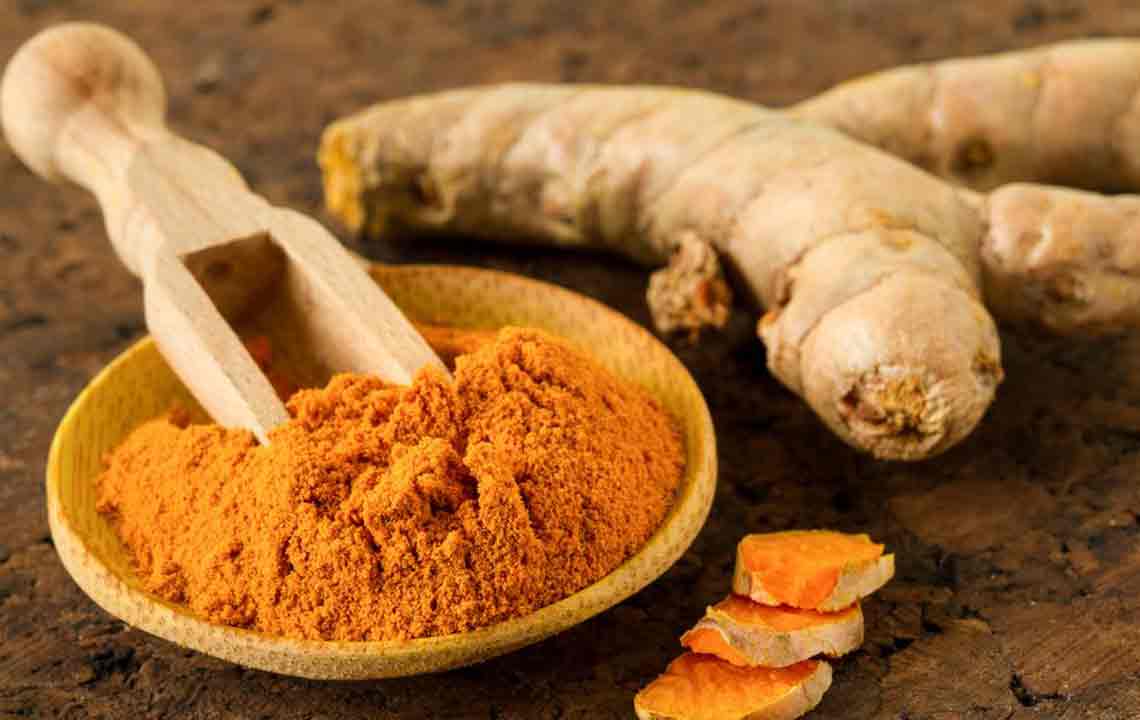Turmeric Curcumin: The Elixir of Good Health
Native to India and Indonesia, turmeric is a spice that’s widely used around the world. Turmeric’s derivative – curcumin, is used especially in curries; turmeric curcumin has antioxidant and anti-inflammatory properties. Besides offering a host of health benefits, recent scientific research states that turmeric curcumin may also reduce the risk of cancer. Turmeric is used in the form of a spice, and its extracts come from the rhizomes of the turmeric plant.

Health Benefits of Turmeric Curcumin
Turmeric curcumin offers a wide range of health benefits and has been considered a medicinal herb by many. Some of these well-known health benefits are:
- Fights manic depression
- Treats Alzheimer’s
- Cures a chronic eye condition known as ‘Uveitis.’
- Beats inflammation
- Works against arthritis
- Used in cancer treatments alongside chemotherapy
- Lowers blood sugar levels and reverses insulin resistance
- Manages inflammatory bowel disease (IBF) and Crohn’s disease
- Regulates cholesterol levels in blood
- Works as painkillers
- Cures chronic inflammation of the eye
- Cures ankle sprain
- Works against smallpox
- Prevents the occurrence of cardiovascular disease
- Works against prostate cancer
Turmeric curcumin helps neutralize free radicals, which are responsible for damaging and destroying your DNA and cells. The curcumin extract in turmeric helps reduce osteoarthritis symptoms including providing relief against joint pain and stiffness. It helps stimulate bile production in the gallbladder, improves digestion, reduces bloating, and treats a variety of digestive and gastric disorders. Turmeric fights against tumors by blocking the blood supply to dangerous tumors in the body, reduces colorectal rates, and even prevents cancer in animals.
Turmeric contains essential oils, manganese, potassium, calcium, iron, zinc, and vitamin E. It helps you curb your appetite and speeds up your metabolism for optimizing physical performance.Additionally, turmeric curcumin fights kidney stones, prevents blood clotting, works in the treatment of bacterial and viral infections, heals issues with the liver, and even cures skin diseases.
Side Effects of Turmeric Curcumin
Although turmeric has been hailed for its host of health benefits, when taken above moderation, it can come with certain side effects. The following side effects occur upon consumption of excess Turmeric:
- Nausea
- Ulcers
- Diarrhea
- Low blood pressure levels
- Increased bleeding
- Menstrual flow increase
- Other side effects due to interactions with other medications or supplements
Uses of Turmeric Curcumin
Turmeric curcumin can be used in a variety of recipes. You can make turmeric eggs by sautéing eggs, onions, other veggies, and sprinkling a little turmeric powder, for breakfast. Drinking turmeric tea is another popular practice amongst health aficionados. You can take turmeric in the form of supplements too. A good way to supplement turmeric into your diet is to take it in the form of a CO2 extract supplement alongside black pepper.
The safe dosage of turmeric supplement is usually 2000mg, however, consult with your doctor before taking it as a supplement, especially if you take other medications. In general, as a rule of thumb, taking turmeric curcumin naturally alongside black pepper and honey will give you the best results. You will notice the full benefits of using turmeric supplements in roughly eight weeks.
The curcumin extract in turmeric is widely used in skin care applications, cosmetics, food flavoring, and in dyes. If you frequently find yourself getting sore or facing inflammations due to heavy workouts, adding a bit of turmeric curcumin in your diet will help. Curcumin works effectively in changing the physical composition of your cell membranes inside your body and enhances it for the better. It utilizes the carbs in your body effectively and is potently powerful by a huge margin of 500 to 100,000 times when compared to diabetes medications.
You can even use turmeric toothpaste in daily hygiene, like for whitening your teeth. Turmeric can be eaten raw, and you can even peel and eat it raw if that’s how you prefer it. If you’re watching your weight, turmeric can help you immensely. Simply take a ¾ cup of milk, 1 cup of boiling water, and one tablespoon of turmeric powder and mix them well. Drink the mixture before going to bed, and you should start seeing benefits within the first four weeks. For best results, exercise and follow a healthy diet alongside consuming this mixture. Turmeric dissolves best in fats; you can even add olive, butter, or coconut oil to it before consumption.
Who Shouldn’t Take Turmeric Curcumin?
Turmeric, although healthy for the average healthy adult, may be unsafe for certain kinds of patients. If you have diabetes, kidney disease, immunity disorders or are prone to skin irritation, then consuming turmeric curcumin may not be a good idea.
Pregnant women and anyone taking medications related to sugar control, blood pressure, NSAID painkillers, statins, and blood thinning medication shouldn’t take turmeric curcumin. Women who are in their breastfeeding stages need to consult a doctor before taking turmeric curcumin.